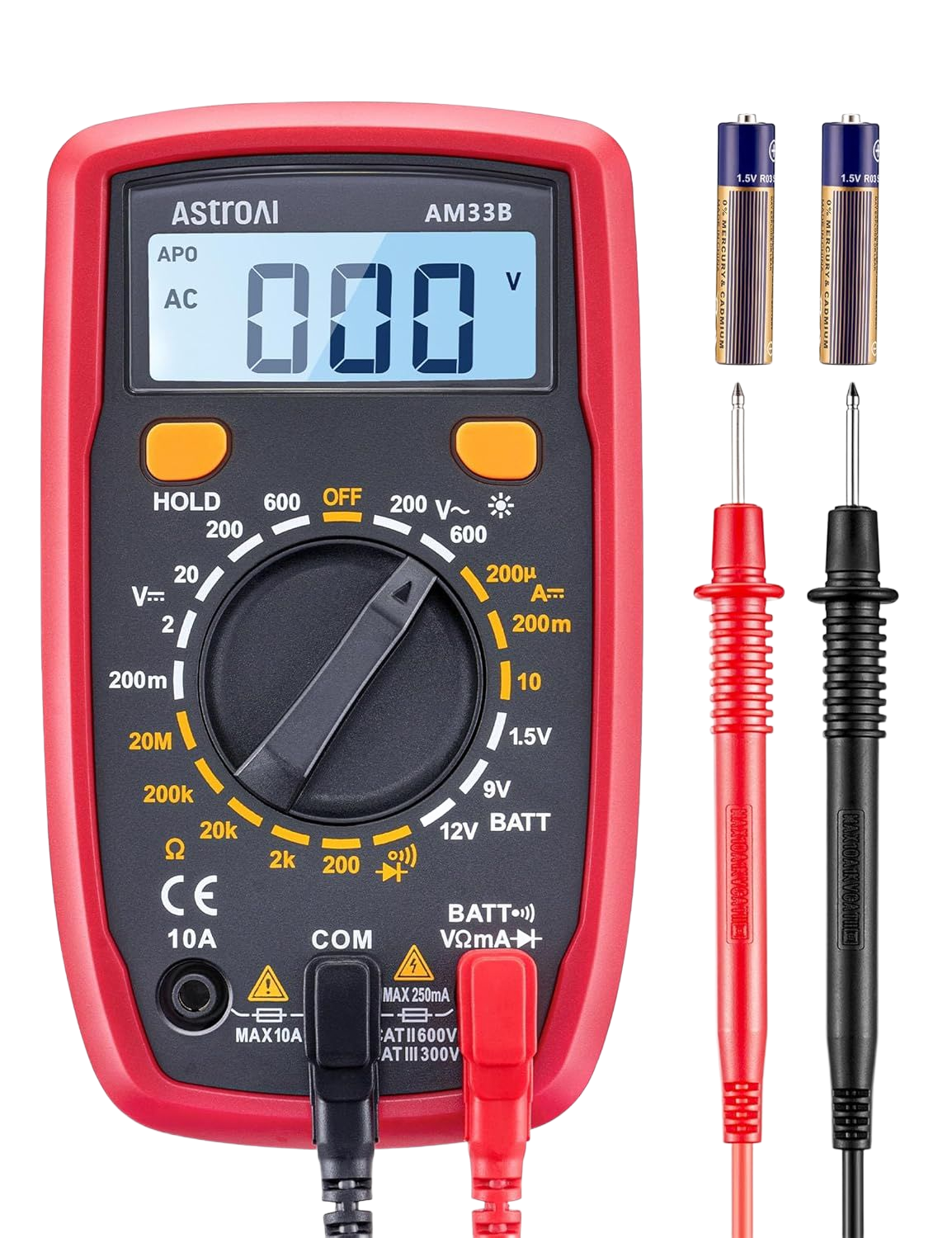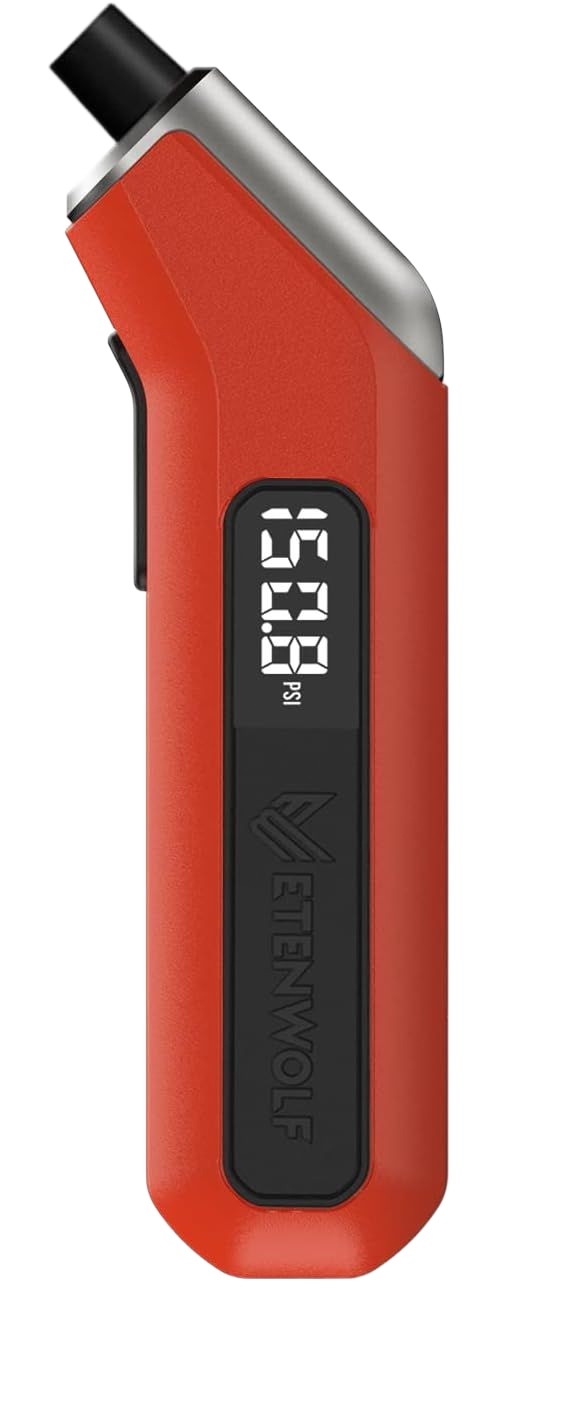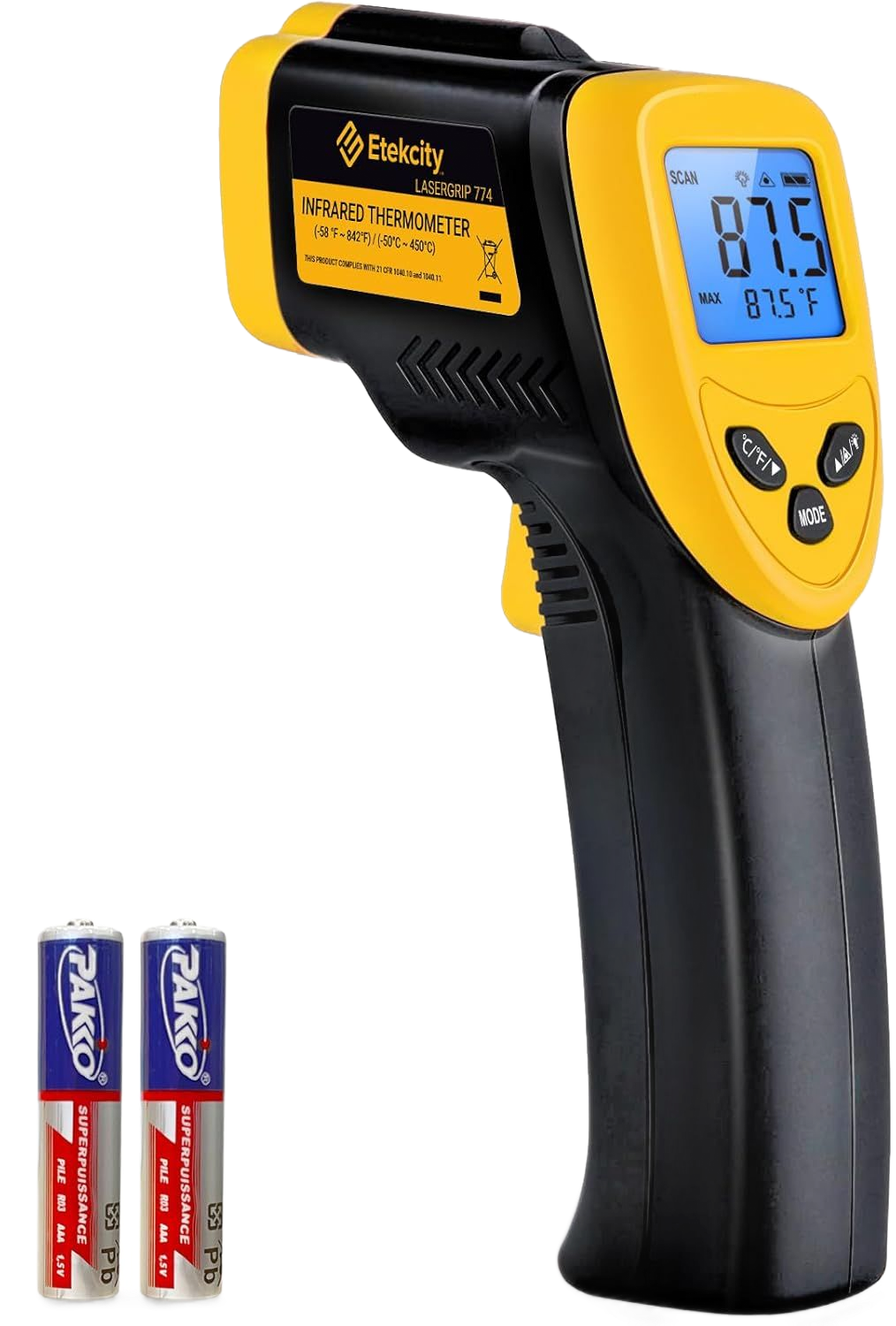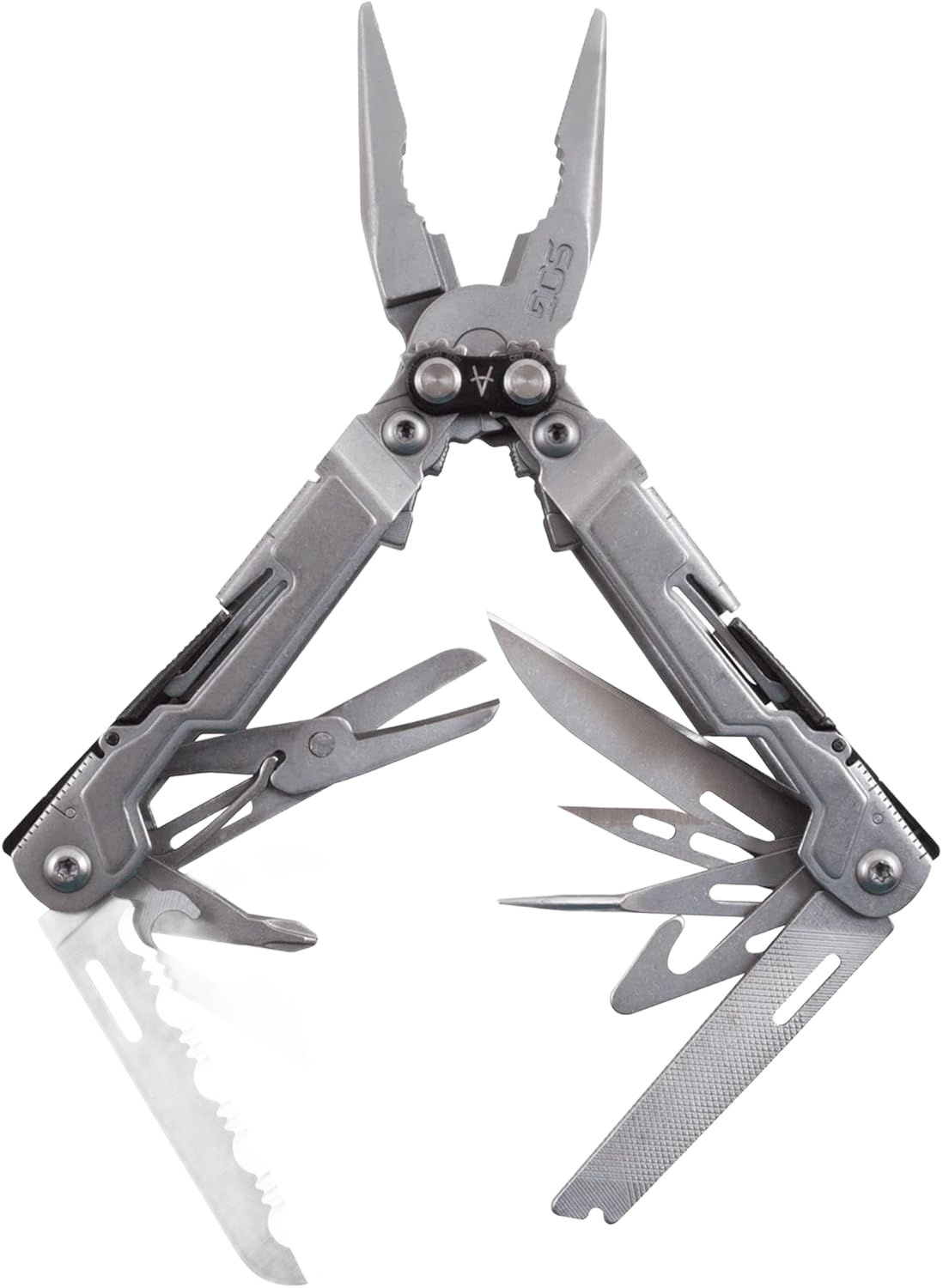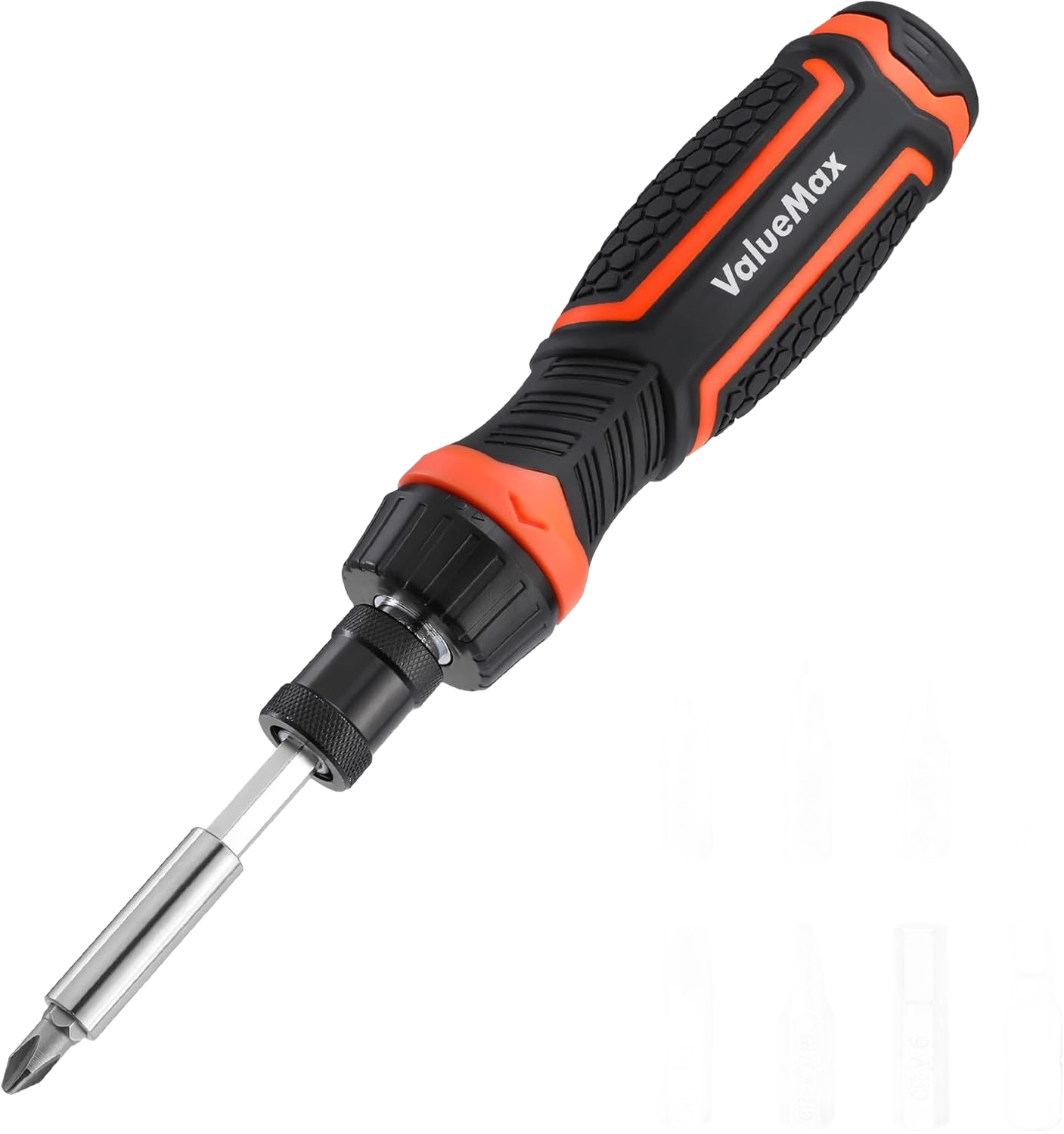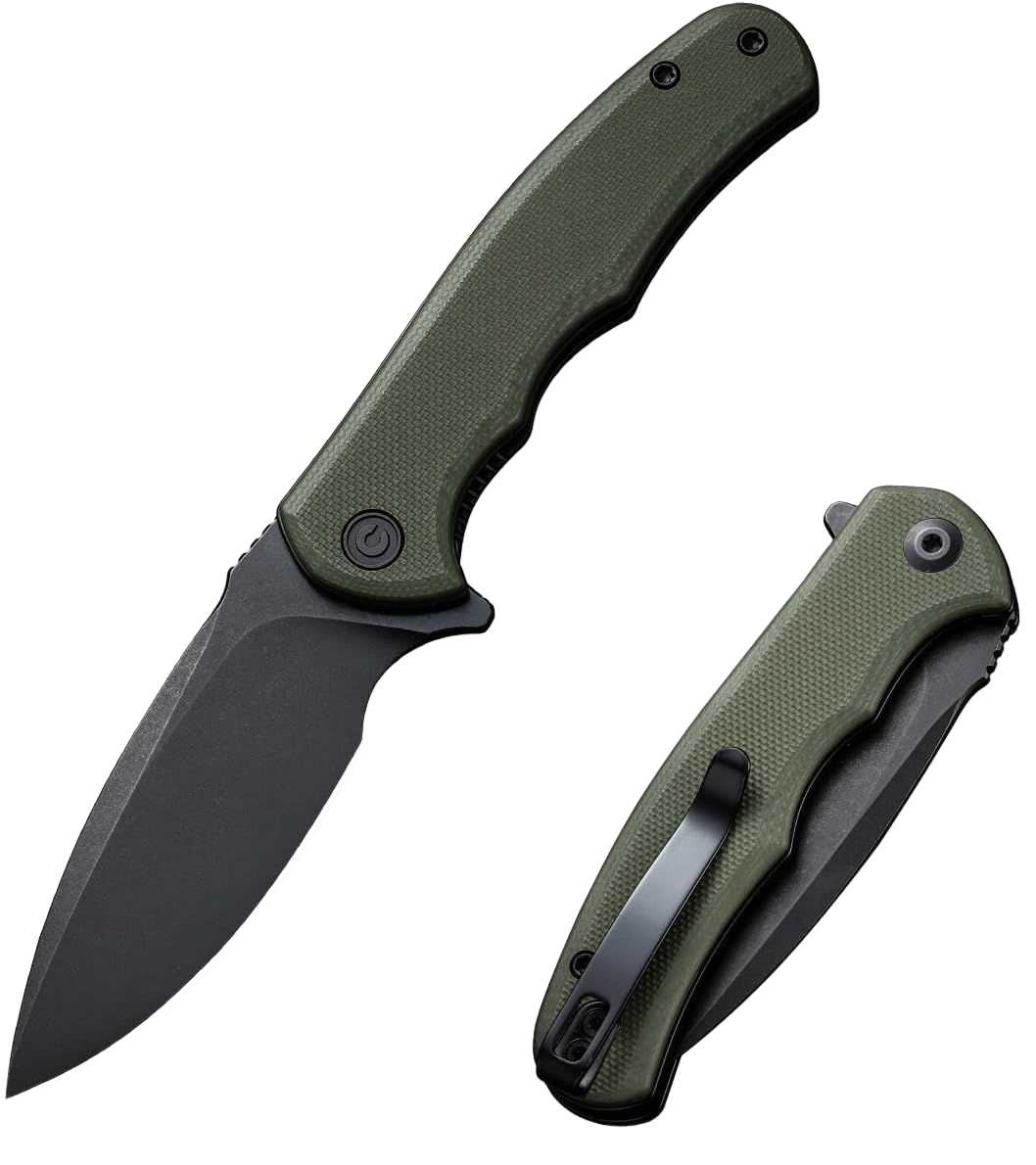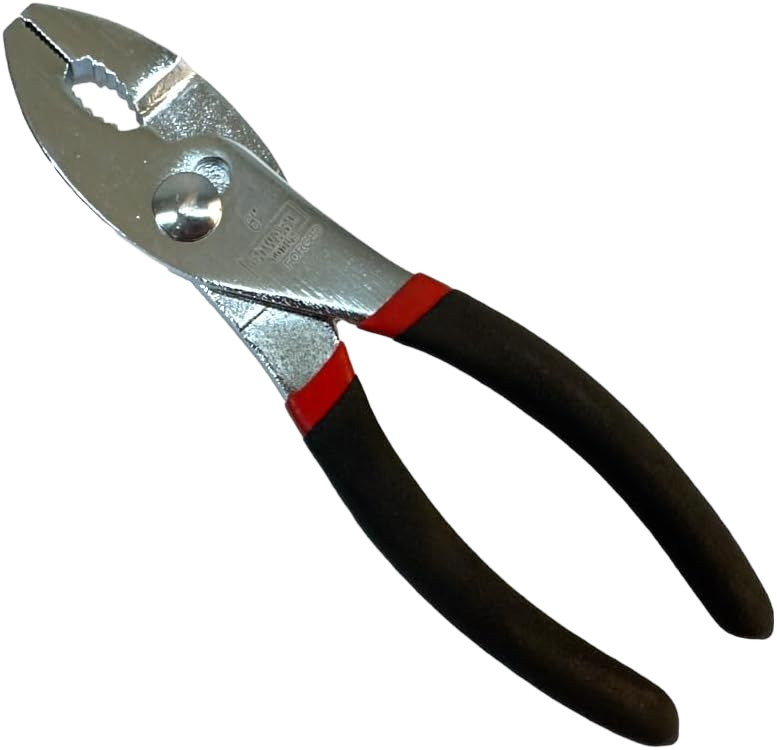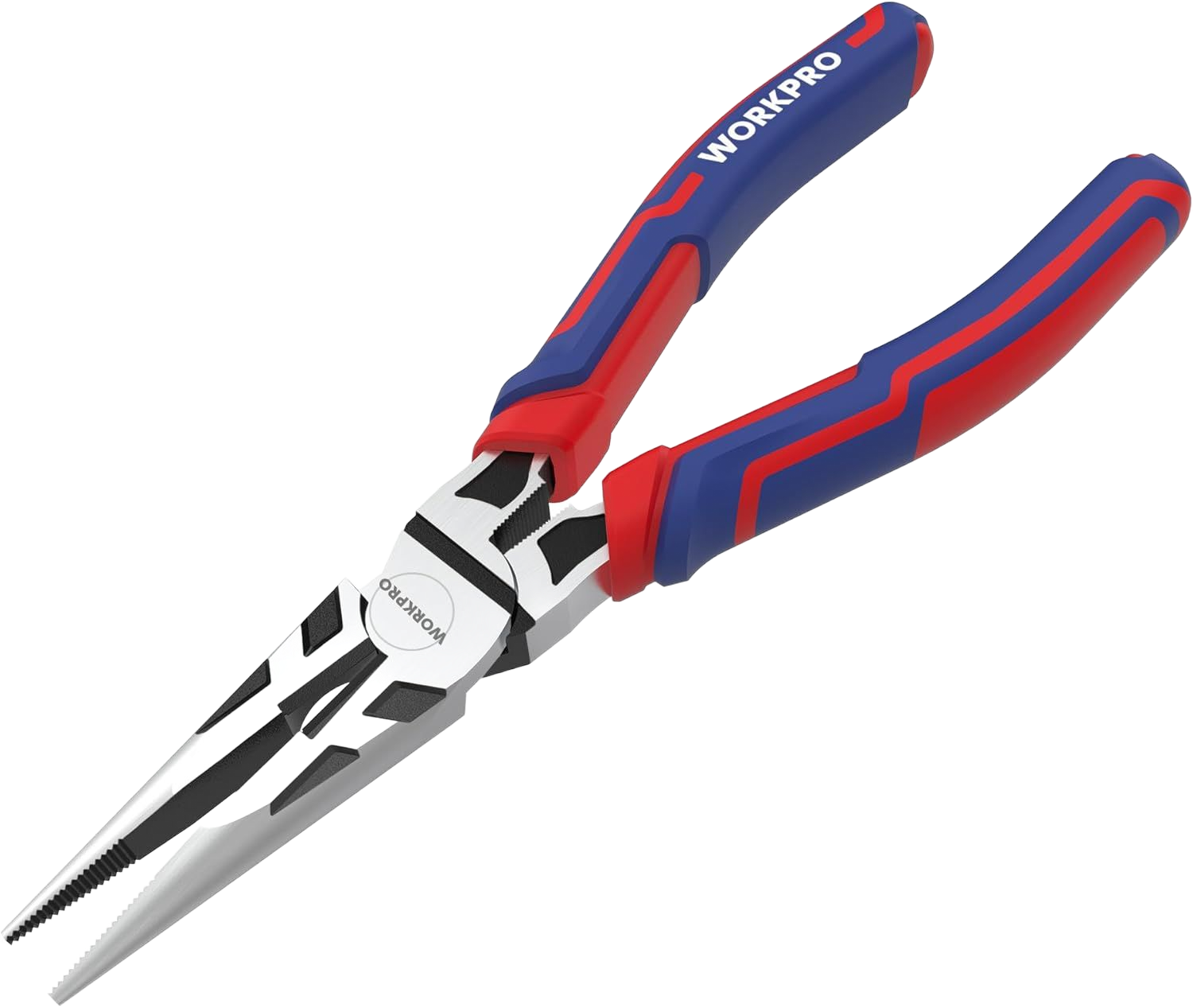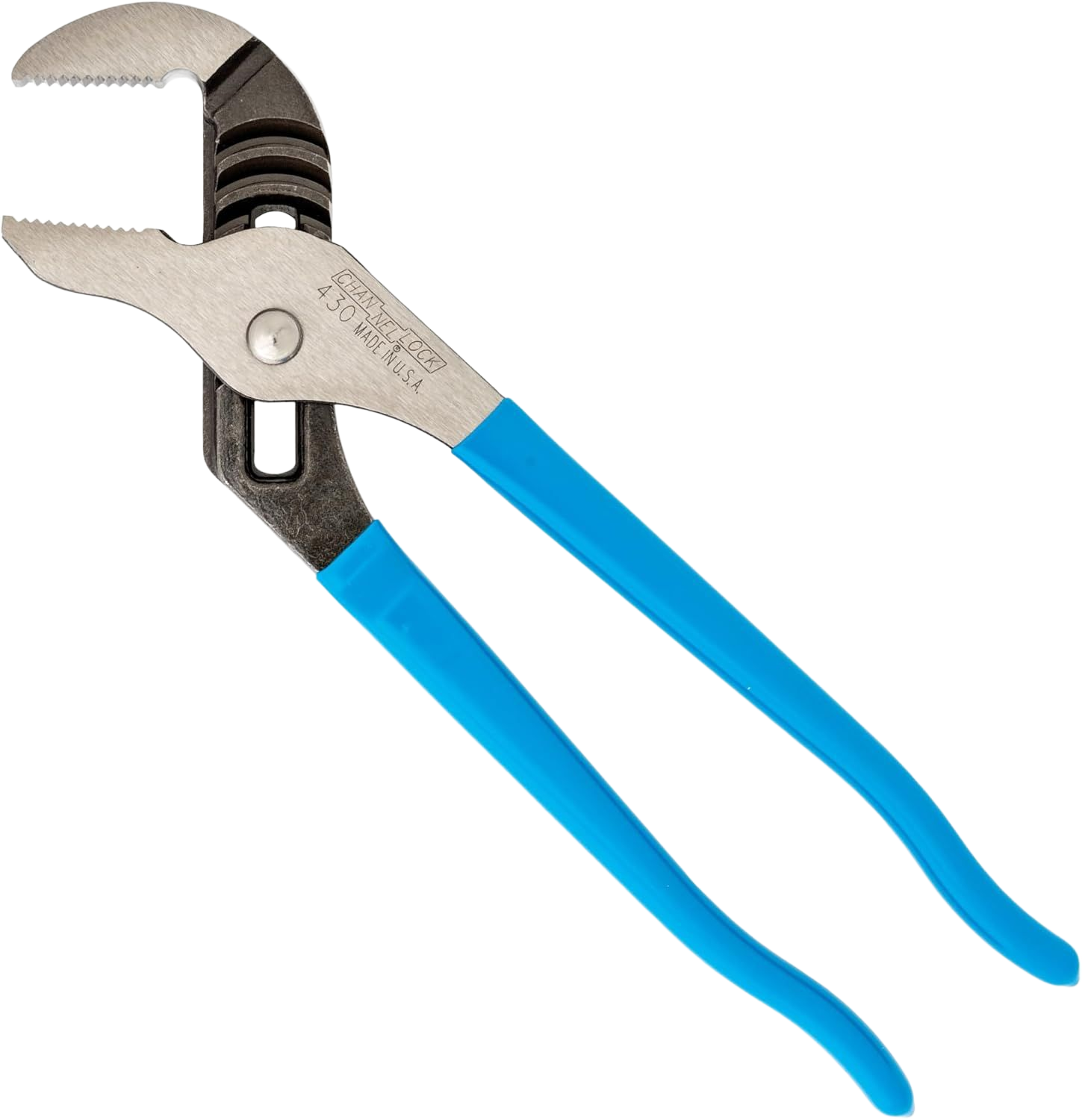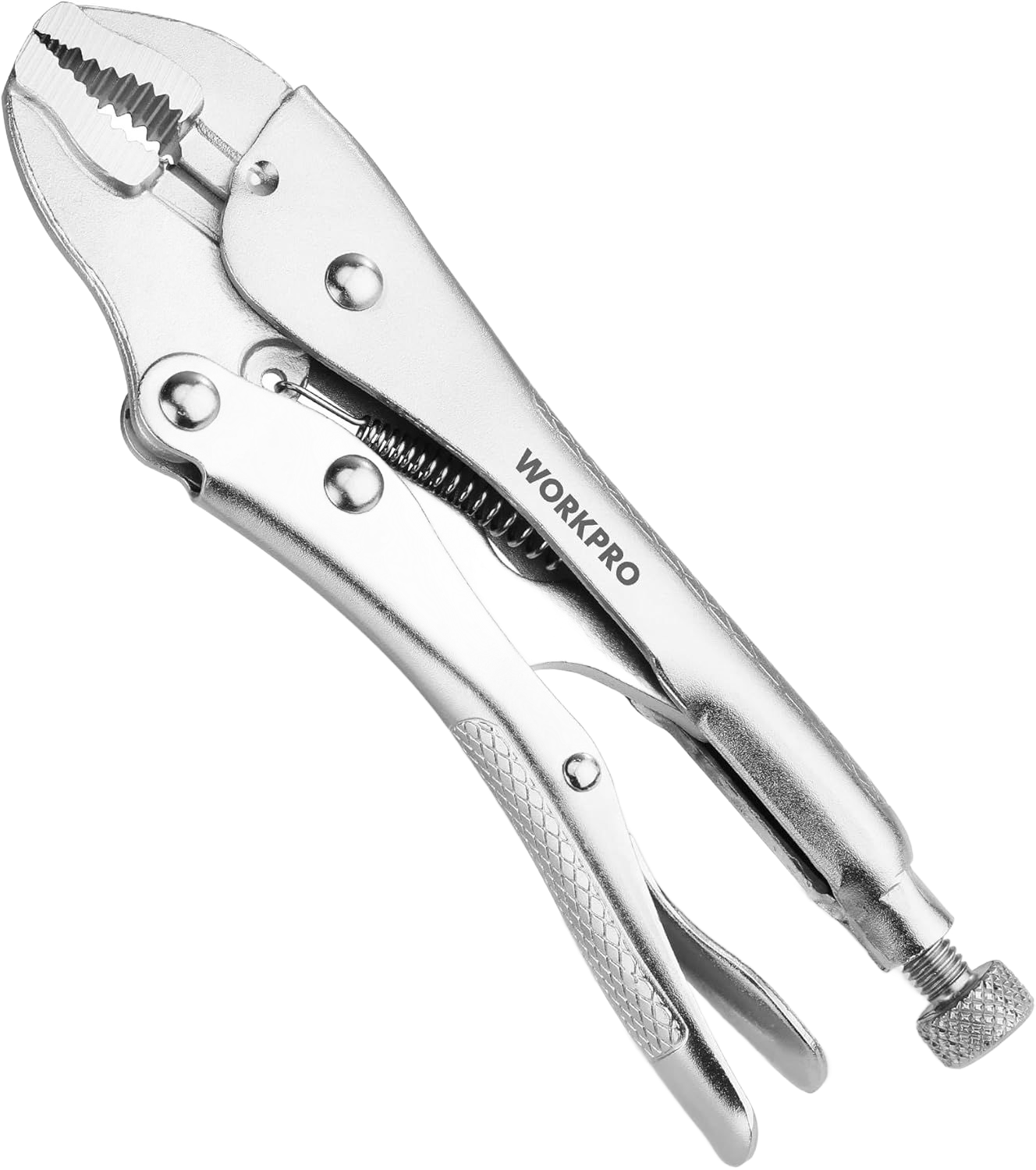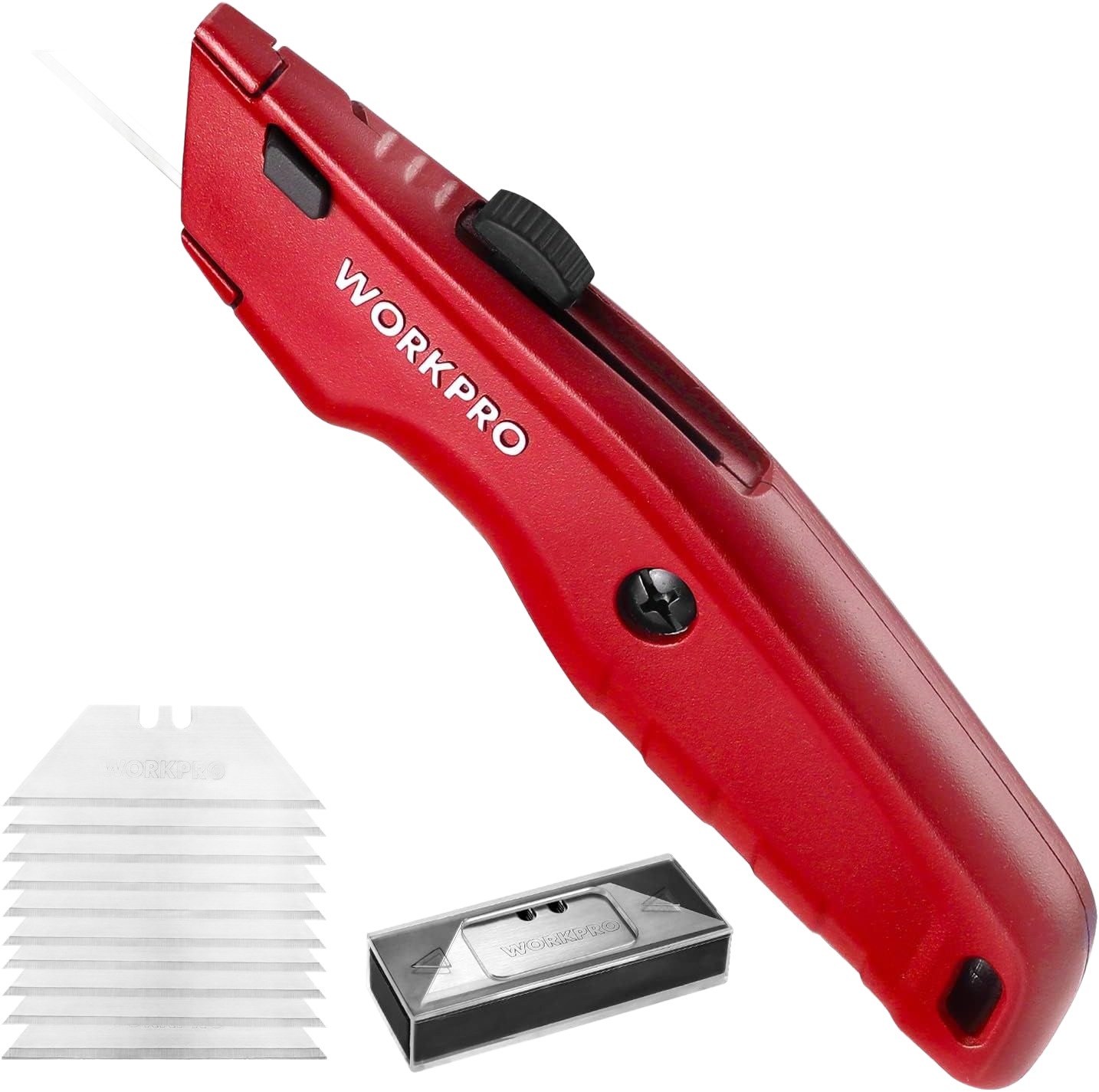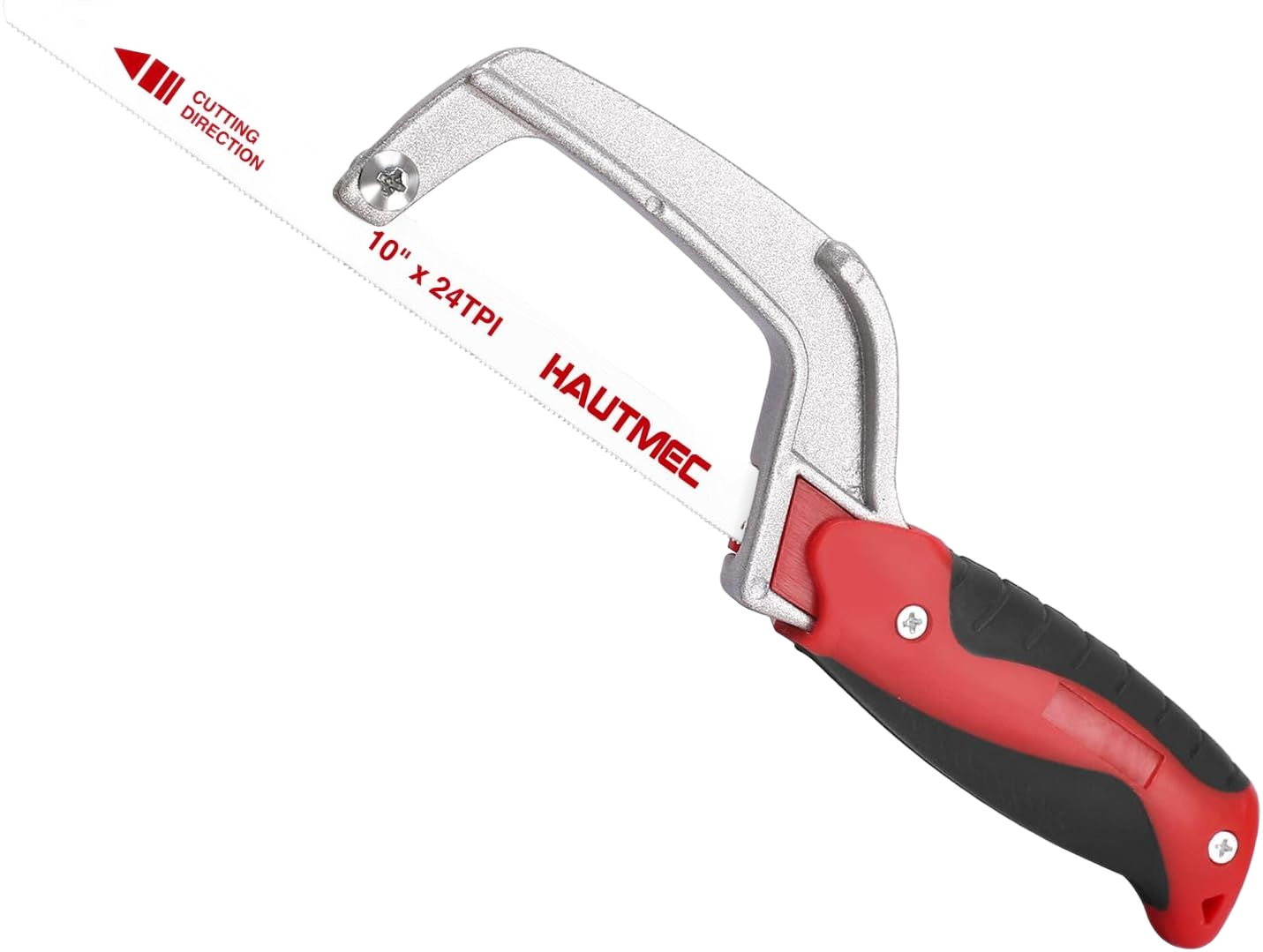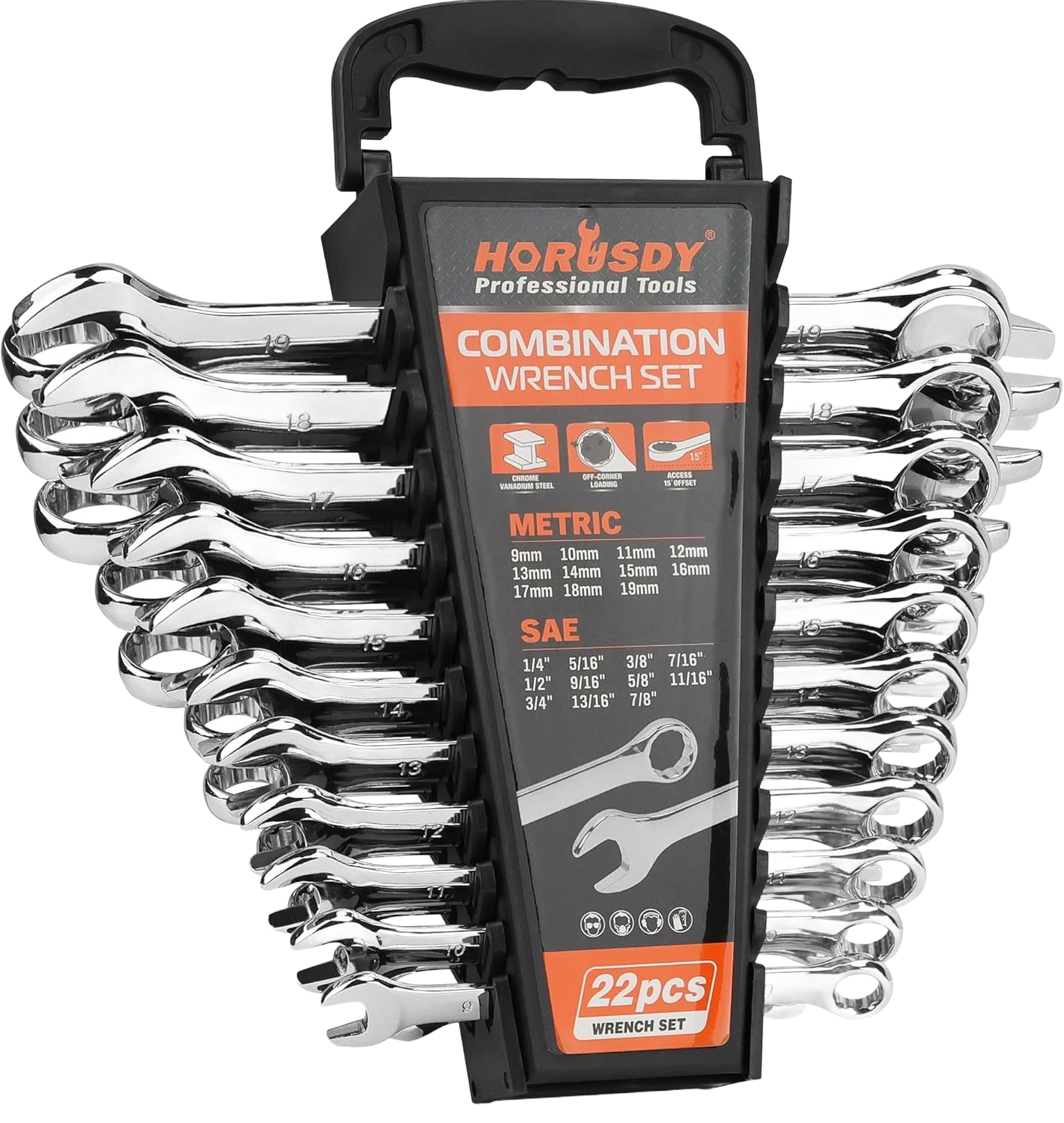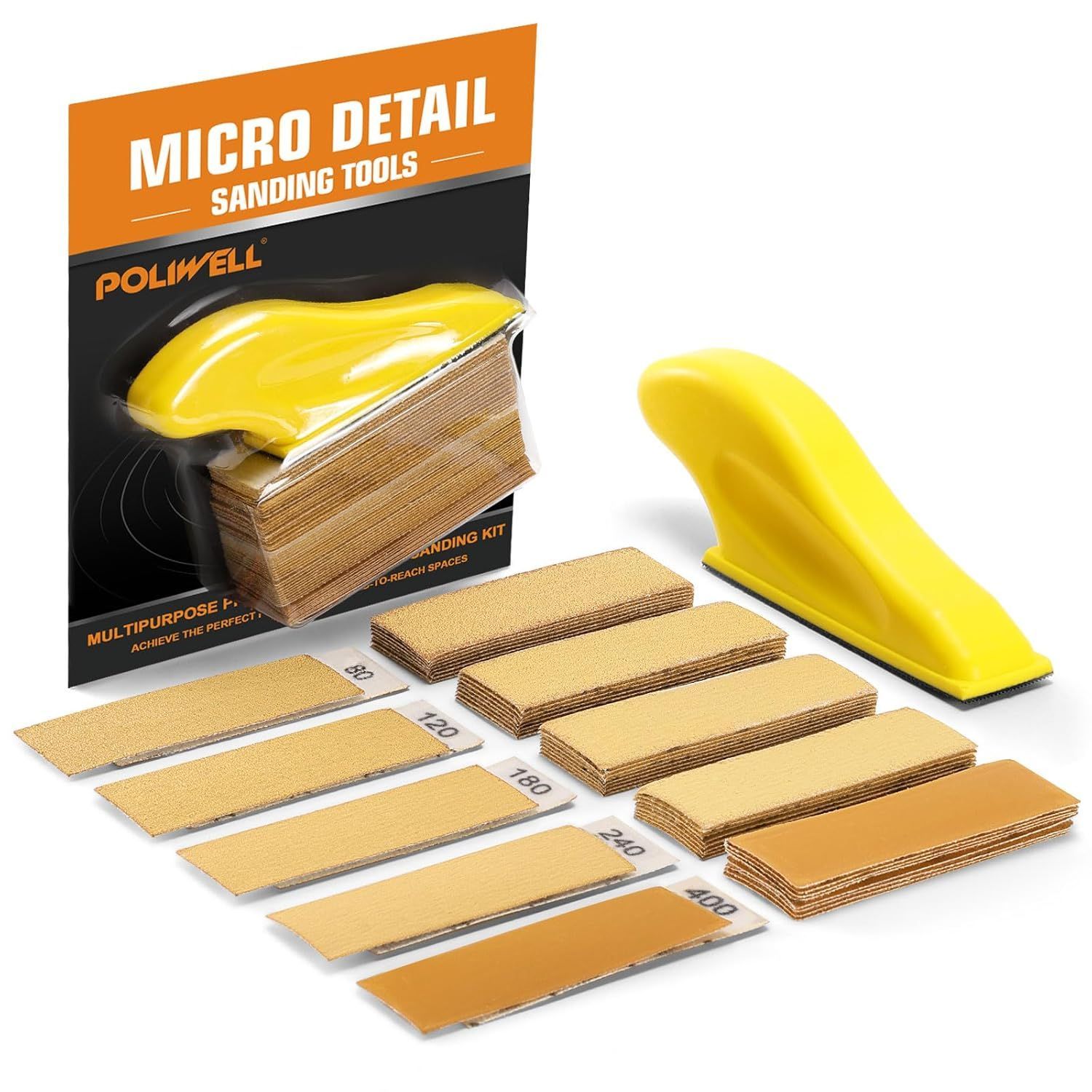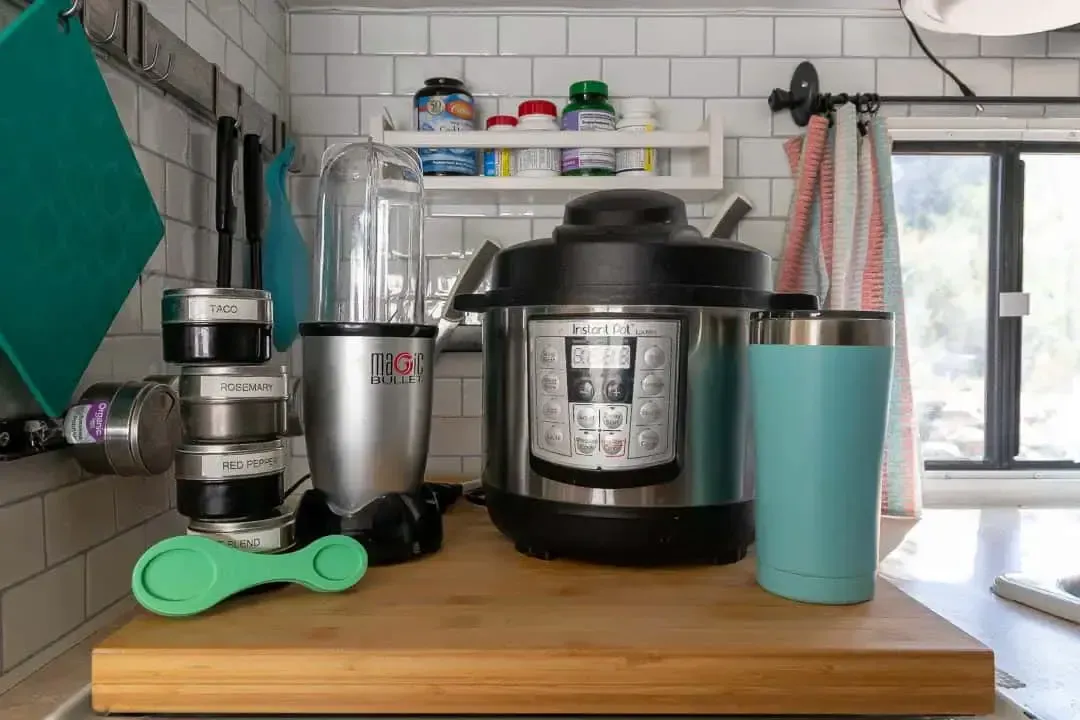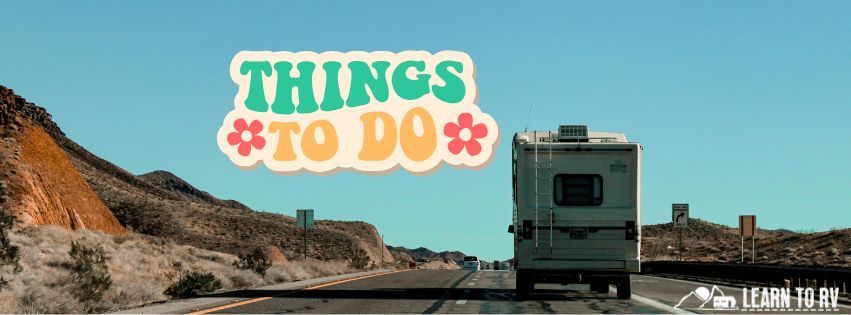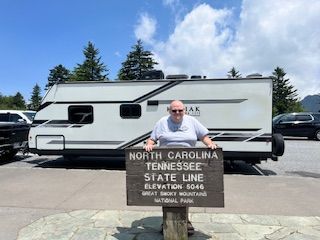The RV Toolkit That Saves Your Trip: Must-Have Tools for Life on the Road
Michael Gardner • September 16, 2025
Picture this: You're at a beautiful campsite, everything's perfect, and then your water pump dies. Do you pack up and leave, or do you have the tools to diagnose and fix it yourself?
If you own an RV, this scenario isn't a matter of if but when. Things will break. There will be frustration at a campsite because something doesn't work. The question is: will you be prepared?
THE BIG 3: Essential Diagnostic Tools Every RVer Needs
These three tools help you diagnose problems you can't see with your eyes:
- Multi-meter - Your electrical problem-solving best friend
- Digital tire pressure gauge - Critical for safety and tire longevity
- Infrared thermometer gun - Spots overheating issues before they become disasters
Keep reading to learn why these three tools are game-changers and what else belongs in your RV toolkit.
Understanding Your Tool Needs
Some explanation is required about RV tools. The size of your toolbox will likely depend on your skill level and willingness to increase your knowledge of your RV's components (and eventually, your level of desperation when things break).
Sometimes when you're sitting around a campfire, your partner will say "you know, it would be great if we could build..." and a new project is born. We've made over 100 changes to our motorhome (yes, I have a list), and at least half were suggested by my wife.
In between those projects will be the repairs. Even if you ask someone for help (or they notice your situation and offer), they might need tools to help you.
Diagnostic Tools: Your Problem-Solving Arsenal
My most important tools have something in common: they help you diagnose problems and tell you what's going on that you can't see with your eyes.
Multi-meter – Your Electrical Best Friend
There will be electrical problems, and your best friend will be a multi-meter. You should be able to check your battery state, determine if it's being charged, check fuses, measure voltages at devices and switches, and more.
So often I see Facebook posts where someone says "my fill-in-the-blank isn't working," but they've never done any basic tests and can't answer questions from people trying to help. A basic meter will work at minimum. A more advanced model that can measure DC and AC current in addition to voltages can help with extended troubleshooting.
Digital Tire Pressure Gauge – Safety First
Few things are as important as maintaining tire pressure. You should have an accurate gauge that's easy to use. An easy-to-read digital display with a comfortable grip will make those early morning tire checks easier (and more likely that you actually do them). This digital gauge fits the bill perfectly.
Infrared Thermometer Gun – The Multi-Purpose Detective
There are so many uses for this inexpensive tool—I have one in my motorhome, in my toad (truck), and an extra in my toolbox. I've given them away to people who had trouble so they could monitor their problems.
Uses include:
- Brake monitoring: Pull the trailer with brakes on, then measure each brake drum temperature. If they're all warm and similar, they're working. If one is cold, it's not working. If one is hot, there's a brake or bearing problem.
- Air leak detection: Identify cold/hot air leaks
- Electrical diagnostics: Check for overheating components or bad connections
- Appliance monitoring: Check refrigerator/freezer, furnace, and AC operation
This thermometer gun is an invaluable diagnostic tool.
Daily Use Tools: Always Within Reach
These are the tools closest to me—the ones I reach for constantly.
Multi-Tool and Knives
I keep a good quality multi-tool on my belt with rounded edges on the grips, several screwdriver bits, serrated and regular knife blades, and needle nose pliers. The tool I've carried for years is no longer for sale except on eBay, but it's hands down the best I've found (Bucktool model 360). Something similar would be the SOG Powerpint Mini.
I also carry a clip-on pocketknife (single 3-inch blade) and a small pen-knife with blade, file, and scissors. I use one or all of these daily.
Screwdrivers: The Workhorses
Get a ratcheting screwdriver with a set of bits and keep it handy in your RV's utility drawer. There are always loose screws, panels that need removal, sagging cabinet hinges, etc. Don't expect to dig out your toolbox for every little loose screw.
Also include in your toolbox:
- Medium manual Phillips and straight-slot screwdrivers
- Set of small screwdrivers for things like replacing batteries in remotes
Power Tools
I carry an electric drill that doubles as a screwdriver—this gets used constantly and is one of two powered hand tools I carry. The other is a sanding mouse, which isn't entirely necessary but is small, light, and saves labor during woodworking projects.
I used to carry a small power saw but found that a good cross-cut hand saw works fine for small projects.
Repair Essentials: The Supporting Cast
Pliers Collection
You should have several types:
Cutting and Striking Tools
Essential items include:
Wrenches and Sockets
It's difficult to know the right amount, but at minimum get a set of 3/8" drive sockets from ¼" through ¾" (or similar metric sizes). If you'll do lots of mechanical work, ¼" and ½" drive sets are useful, but they add space and weight.
One set of combination wrenches is enough for most people. If you do a lot of wrenching, consider metric and standard sets, especially if your truck/car is metric and your RV is standard.
Electrical Repairs
Add a good wire connector crimper. You want one with a crimp pin, not one that just crushes the connector.
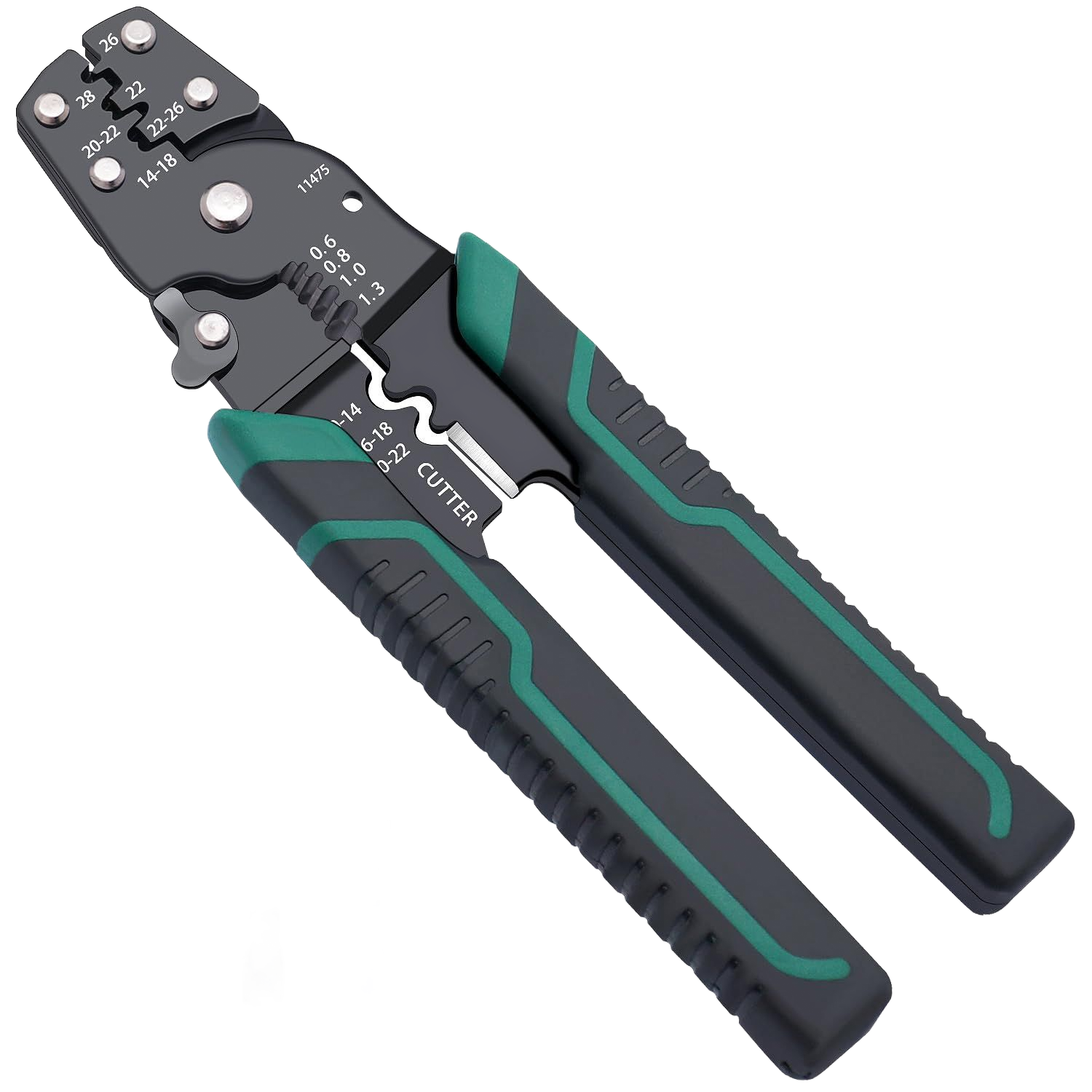
Project Tools
For those more into projects:
- Small crosscut saw (don't bother with power saws for most projects)
- Small sanding mouse (if you must)
- Good stapler for upholstery repairs or projects
Don't forget to add an assortment of screws, washers, bolts, and hardware.
Spare Parts Strategy: Be Prepared
While they aren't tools per se, you need various caulking/sealants/lubricants specific to your RV.
Essential Spares
What parts you carry should depend on how your RV gets along with the road:
Always Carry:
- Assortment of screws, bolts, washers, nuts
- Fuses for all vehicles (check all fuse boxes—most vehicles have two)
- Cabinet and drawer latches (prone to breaking)
- Toilet bowl seals (can dry out at inconvenient times)
- Spare water pump (I've replaced two over my camping lifetime and would loan/sell/give one to someone desperate)
Information Gathering
There are items you can't carry spares for due to expense, bulk, or weight, but you should gather information to help quickly search out parts:
- AC unit: Know your model number (check when cleaning—good time to write down numbers)
- Major appliances: Refrigerator, furnace, water heater model numbers
- Manuals and documentation: Keep digital copies accessible
Hoses and Connections
- Sewer hose: I carry three ten-foot sections, allowing me to use as little or as much as needed. I've used all three to reach a dump and have had one go bad (so I "had a spare").
- Water hoses: I carry two expanding-style hoses—lighter and easier to pack than rigid hoses
- Water filter: Don't forget a spare
Adhesives and Tapes
You'll eventually use all of these:
- Duct tape
- Gaffers tape
- Masking tape
- 3M double-sided tape
- Super glue
- Wood glue
- Two-part epoxy
Building Your Toolkit Over Time
You'll learn over time what to carry. Sometimes you'll need to make a hardware store trip for a tool, which then becomes part of your kit. On those same trips when buying screws, washers, etc., buy a few extra and organize them in a box.
Pro tip: Once a year, go through all your tools and parts to see what you perhaps don't need to carry anymore. Your toolkit should evolve with your experience and travel style.
The Bottom Line: Preparation Pays Off
The difference between a minor inconvenience and a ruined trip often comes down to having the right tool for the job. Start with the Big 3 diagnostic tools, build your daily-use collection, and gradually add repair essentials based on your experience and comfort level.
Remember: even if you're not mechanically inclined, having these tools means other helpful RVers can assist you when problems arise. And who knows? You might surprise yourself with what you can fix when you have the right equipment.
Your future self—sitting around that campfire instead of packing up in frustration—will thank you for being prepared.

